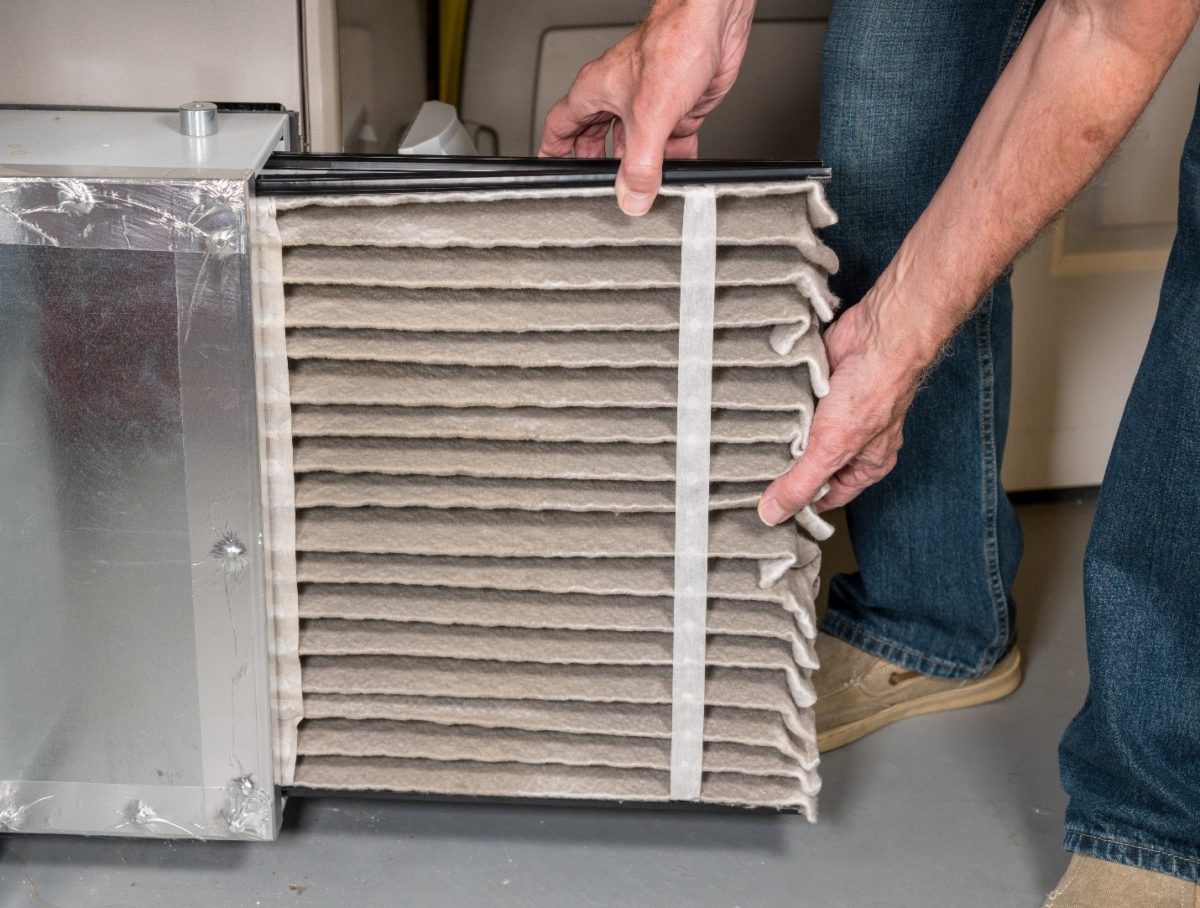Your residential or commercial HVAC systems need to be working properly in order to ensure that the quality of your indoor environment stays healthy and clean. One of the ways to do that is to install high-quality HVAC filters and make sure you replace them regularly.
Most HVAC experts believe that it would be best if you replace your HVAC filters every three months. They also suggest that you hire professional services for that, like the remplacement climatisation Entreprise B.Air, that are specialized in all kinds of HVAC systems, ranging from ACs to furnaces.
HVAC Air Filters
HVAC filters are designed to block out dirt, debris, microbes, or any other environmental contaminants. The extent to which an HVAC filter blocks environmental particles depends upon its minimum efficiency reporting value or MERV. The higher the MERV value of your filters, the better it is at filtering the air. Of all filters, experts regard HEPA filters as the best, especially for commercial areas where the air may be more concentrated with particles and dust.
What’s A Good MERV?
Generally, experts recommend using filters that have a MERV of 16 or below. For extremely high-quality air filtration needs, such as in surgical operating rooms, a MERV of 17 or above is recommended. Experts suggest that a filter with a high MERV value should be preferred over those with lower values.
But, one should not always go for high. The reason is simply that high MERV filters are better at trapping both large and small air particles. However, the MERV rating of your HVAC filter should be in accordance with what is recommended by your AC or furnace manufacturer. Choosing filters with the right MERV rating is crucial for making sure the filtration doesn’t impair indoor airflow.
Changing HVAC Air Filters
Your HVAC filters, no matter how better their MERV rating is, may need changing over time. This is because the air particles that get trapped in them affect their efficacy over time and may eventually even make them harmful.
Generally, it would be better if you change your HVAC filter every 90 days. However, you should also take the climate of your area and how much you use your filter into account.
If you don’t use them often and the environment is clean, you may not need to replace them as often as others may.
Conclusion
Having good quality filters installed in your HVAC system is crucial both for their efficacy and the quality of your indoor air. Replacing them could be complicated, but it’s very important to do that regularly. Hiring professional HVAC systems for installing or replacing filters is also something of crucial importance.

